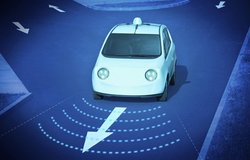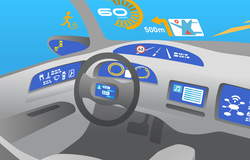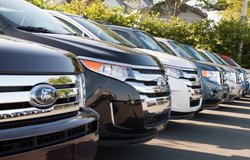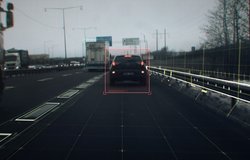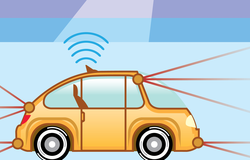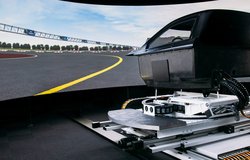Editorial: Ford seeks pole position in self-driving future

(Image Credit: iStockPhoto/Craig Dingle)
During a visit to Ford's innovation centre in Germany last month, ConnectedCar Tech took a look at some of the company's latest advancements and gained some insight about where the motoring giant is heading when it comes to fully-autonomous vehicles.
Ford made a couple of related announcements this week, the first being the company has developed a "dynamic" Uber-like...


